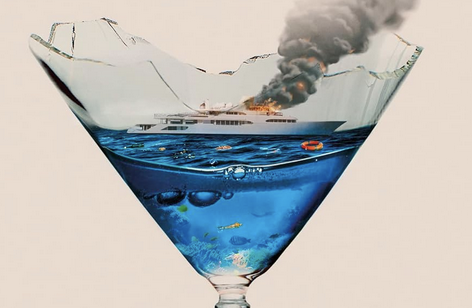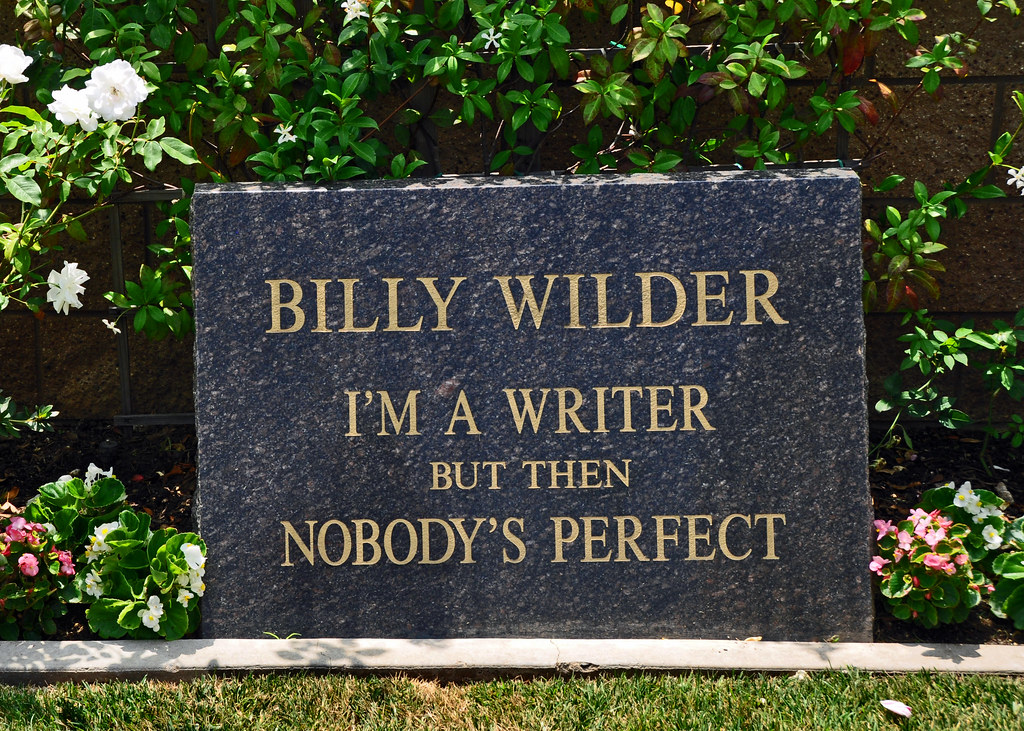How to Write a Memorable Scene

In every truly great film, there will be at least one–but hopefully more than one!–scene that lodges itself in the audience’s memory.
The horse’s head in the bed. Marvin’s head exploding. Ash getting strangled by his own severed hand. Leo crawling down the stairs to the Lamborghini. Zuul living in the fridge.
These moments transcend plot; they become cultural touchstones. For screenwriters, understanding how to write a memorable scene is as vital as mastering structure or dialogue. A memorable scene can elevate an entire screenplay, linger in a reader’s mind, and become the reason a script gets bought.
In this post, we explore what makes a scene unforgettable: the emotional stakes, visual power, narrative significance, character revelation, and thematic resonance that combine to create cinematic lightning.
1. Emotional Impact: Make the Audience Feel Something
The most memorable scenes evoke strong emotions. Whether it’s heartbreak, triumph, fear, or surprise, emotional impact is the glue that binds the audience to the moment.
- Example: In The Elephant Man, John is pursued through the streets by until he is finally cornered against a wall by a group of onlookers. Here he shouts: “I am not an animal. I am a human being!” The audience finally understands the weight of John’s struggle and feels pride–and pure sadness–in John’s desperate defense of himself.
- Technique: Ensure that the scene is rooted in character need. What is the character longing for or afraid of in that moment? How does the scene force them to confront it?
2. High Stakes: Something Must Be at Risk
This means a turning point: a risk, a loss, a decision, or a revelation that changes the course of the story. Stakes don’t always have to be life-or-death, but they must matter deeply to the character.
- Example: In Whiplash, the drum solo at the end isn’t about music; it’s about self-worth. Here, the stakes are psychological: Andrew has felt put-upon and lacking control for the entire film. Here he demonstrates that his life is his own.
- Technique: Clarify what the protagonist stands to gain or lose. It must be obvious what this choice will mean to the character, so watching a character agonize over this choice makes a scene memorable.
3. Visual and Aesthetic Power
Memorable scenes also mean striking imagery: it shows, not tells, in a way that etches itself into the audience’s mind.
- Example: The match cut from the twirling bone to the spinning spaceship in 2001: A Space Odyssey conveys millions of years of evolution in a single image.
- Technique: What is the most cinematic–or visually metaphoric–way to express this moment? Can you replace exposition with a gesture, a symbol, or an image?
4. Pivot Points
Memorable scenes alter the trajectory of the story. These anchor points of the narrative contain the DNA of the screenplay’s theme.
- Example: In The Social Network, the deposition scenes are dialogue-heavy, but they provide a frame for the structure. When considered overall, they reveal the film’s central idea: the consequences of Zuck’s ambition.
- Technique: Pivot scenes both advance plot and deepen character, theme, or both.
5. Character Reveals
Characters are defined by the choices they make under pressure. Memorable scenes show characters drop pretense and expose their true selves.
- Example: In The Dark Knight, the Joker’s “Why so serious?” monologue gives us insight into his nihilistic worldview; this is backed up by Alfred’s “some men just want to watch the world burn” statement.
- Technique: Let high-stakes moments force your characters into uncomfortable choices. In fact, The Dark Knight’s plot structure itself is a progression of uncomfortable tests designed by the Joker in an attempt to make Batman drop his (literal and metaphorical) mask. Your film doesn’t have to be so on-the-nose about it, but remember the power of forced choices.
6. Reversals and Surprises
A scene that subverts expectation–yet feels natural–it becomes memorable.
- Example: When Jack figures out that he is Tyler, this redefines everything we thought about Fight Club to that point. This reveal recontextualizes everything that came before it, but it ultimately makes sense.
- Technique: Set up expectations early and pay them off in unexpected ways. It doesn’t have to be a gigantic fuck-off 1990s twist like Fight Club or The Sixth Sense or The Usual Suspects, but if there’s something non-obvious that’s been hinted at–yet not properly revealed–revel in the revelation. (Just make it smart or it’ll look like every other M. Night Shyamalan film.)
7. Dialogue Dialogue Dialogue
While visuals matter, poetic dialogue can cement a scene in memory. That doesn’t mean it needs to be in pentameter, but it does have to have a ring to it.
- Example: “You can’t handle the truth!” from A Few Good Men or “You’re tearing me apart!” from Rebel Without a Cause (and, let’s be honest, from The Room as well), or “What we’ve got here is a failure to communicate…” from Cool Hand Luke all remain etched in the cultural lexicon.
- Technique: Write dialogue that expresses subtext, personality, or conflict. Don’t say shit that you can show as an image or metaphor. Let the characters talk around the truth until, well, they can’t.
8. Thematic Resonance
A memorable scene often encapsulates the story’s theme. In some ways, it might be considered a distilled “thesis statement” contextualized in drama.
- Example: In Pulp Fiction, Jules explains to Pumpkin that he has decided to interpret his miraculous survival as a sign from God and that he must become selfless in his dealings. Specifically, contrast this with the fates of Butch (who saves Marsellus at the risk of his own life, but is given a reprieve, on condition) and Vincent (whose “selfless act” was ultimately selfish; Vincent, of course, dies).
- Technique: Be clear on your theme. Ask how each moment reflects or challenges the theme. Working with theme in mind gives extra moral and philosophical weight to your individual scenes.
9. First In, Last Out
Naturally, the beginnings and endings of films carry more weight. We have to consider things in terms of bookends. First impressions and last impressions matter.
- Example: The opening scenes of The Terminator and Terminator 2 both show the Future War in 2029 AD, but Terminator 2 (as with most things it does) improves upon the original by showing the 1997 pre-bomb scenes for about 30 seconds first. We begin by scratching our heads: how does these idyllic scenes lead to these nightmare scenes?
- Example: Thelma and Louise drive off the cliff. Butch and Sundance run out, guns blazing. Randy enters the ring one final time. These endings are a culmination–the final stand–of the character choices that we have scene developed throughout the film.
- Technique: Start with a question, end with an image. Conflict needs to arise as soon as possible–although it doesn’t have to be a literal war–make sure you close with emotional payoff. Images speak louder than words.
- Also I’m just saying how to write a memorable scene here for SEO.
10. Authenticity
The most memorable scenes are those that could only arise within the story world and among the characters that you have developed. If it is just a part that could easily be exchanged with another film or said by another character, it needs to be adjusted to highlight its unique characteristics.
- Example: In Back to the Future, the scene where Lorraine hits on her own son could be totally cringe, but it’s played with earnestness and humor unique to the film’s tone. The very dark oedipal aspects of the story are baked into the context and also deftly handled by the actors.
- Technique: What’s the most honest thing these characters can do in this moment? Write that.
How to Write a Memorable Scene
Design with purpose, execute with passion. Memorable scenes are the result of careful design, emotional insight, and deep understanding of character and theme.
Ask yourself:
What are the scenes people will talk about?
What image will they remember?
What emotion will they feel upon exiting the cinema?
If you can answer these questions, your scenes will be more than functional–they will be unforgettable.




